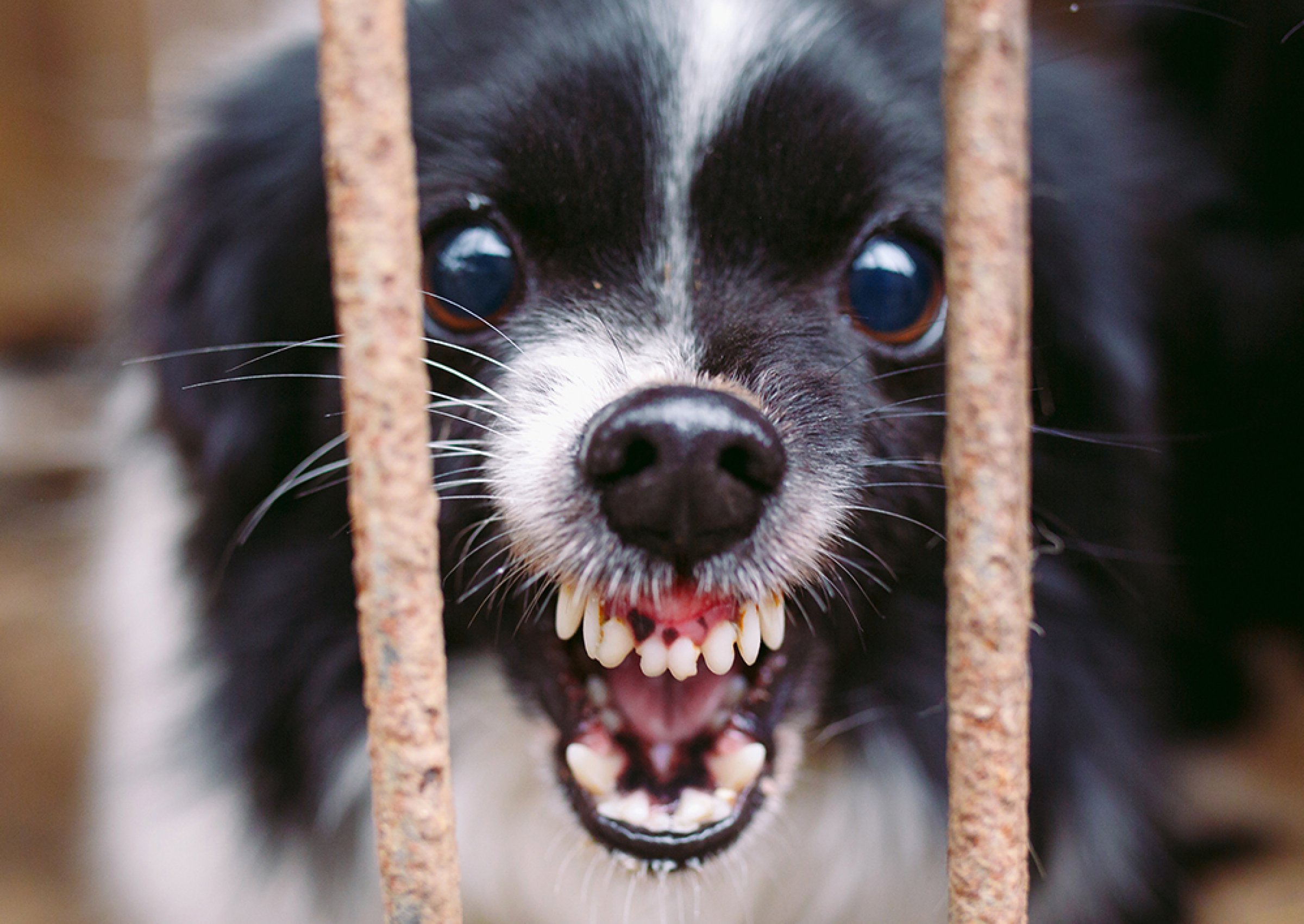World Rabies Day
Tuesday the 28th of September is World Rabies Day. The Norwegian Veterinary Institute (NVI) is also joining in the global efforts to fight rabies. In October, the NVI initiates a four-year research project to strengthen One Health systems for more effective rabies prevention in Malawi.
Rabies is a deadly, zoonotic, infectious disease that mainly transmits to humans through dog bites. Effective prevention of rabies is dependent on cross-sectoral collaboration as envisioned by the One Health approach, where the inter-linkage of public health, animal health and the environment is considered.
- It is not lack of knowledge that stands in the way of controlling the spread of rabies. It is the lack of implementation of well-documented control measures in areas where rabies is endemic, says project leader Hannah Joan Jørgensen, senior researcher at NVI and currently working also at the International Livestock Research Institute in Nairobi, Kenya.
Despite effective measures to control rabies, the disease continues to disproportionally affect the poor, particularly children, in Africa and Asia.
This year’s World Rabies Day will highlight the need for facts, not fear, in the global attempt to eradicate dog-mediated rabies in humans. Fake news, fear and misconceptions, including vaccine hesitancy, can be significant obstacles on the path to eliminating dog-mediated rabies in humans. Facts are essential for raising awareness, preventing rabies, having the animal population vaccinated, and educating people about the dangers of rabies and how to avoid it.
On this day, our thoughts go to the people and communities most severely affected by rabies. Despite the existence of vaccines and well-documented control measures, 59.000 people die from rabies every year. We know what is necessary but have not yet succeeded in implementing the measures where they are needed the most. One primary target is to vaccinate dogs in areas where rabies is prevalent, Hannah Joan Jørgensen explains, and adds:
- The NVI will contribute to the global efforts against rabies by supporting the initiatives of the WHO, OIE, FAO, and the Global Alliance for Rabies Control, initiators of the World Rabies Day, in their aim to eradicate dog-mediated rabies in humans by 2030.

